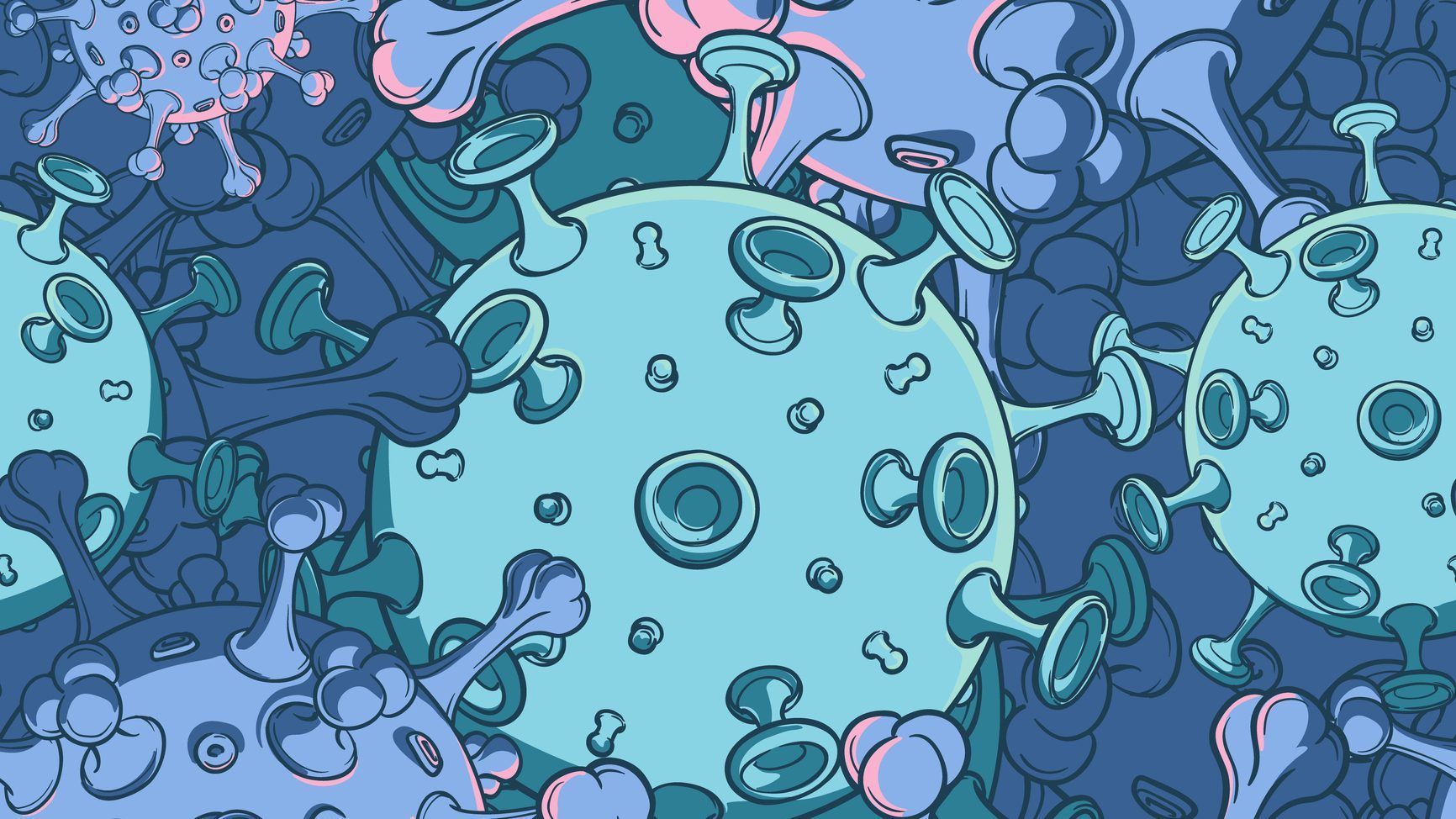myocarditis risk is seven times greater with covid-19 than vaccines
heart inflammation can lead to blood clots in your heart that cause stroke or heart attack, and can be fatal.
video games ‘might be lethal’ to kids with certain heart conditions
a small study sheds light on the way video games can trigger cardiac arrhythmias in children with a rare but potentially deadly condition.
rude awakening: frequent naps linked to poorer heart health
it doesn't mean naps are dangerous — but a tendency to sleep during the day could indicate sleep problems.
 3 minute read
3 minute read




















